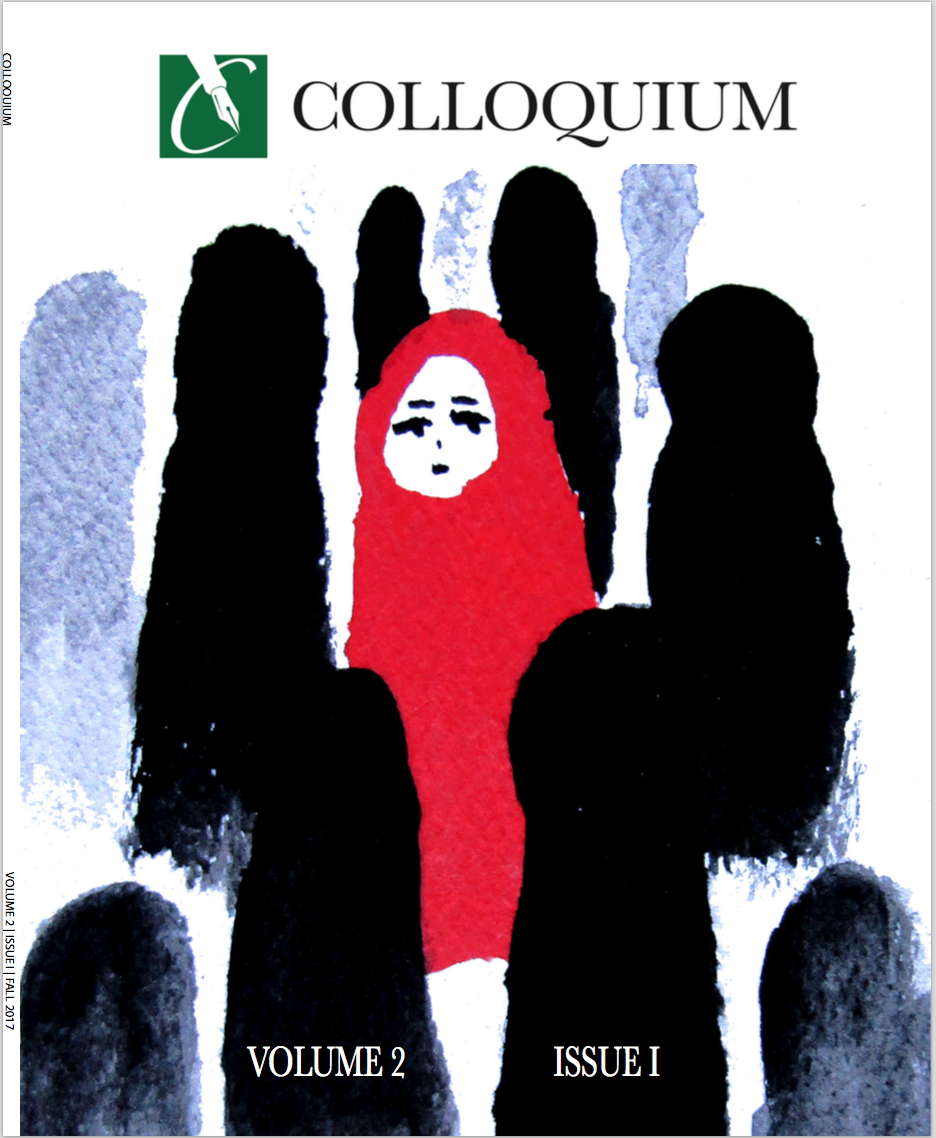American Nativism and Islamophobia in Germany: Drawing Parallels
Abstract
This paper seeks to draw parallels between the phenomenon of Anti-Catholic nativism seen in 19th century America with the current trends of Islamophobic discourse in contemporary Germany. By drawing upon a framework of comparisons established by Jose Casanova in his essay “The Politics of Nativism: Islam in Europe, Catholicism in the United States,” it becomes evident that there are undeniable similarities between the two. This paper relies largely on two types of evidence: discursive and political. First the paper outlines the roots and historical context of Catholicism in America and the American response to this new immigrant group throughout the 19th century. This background is then followed by an analysis of Islam in Germany, and an analysis of how the German people and government since the late 20th century have received it. The paper concludes that similar rhetoric and political response can be seen in the case of 19th century America and Germany today. Ultimately, the conclusion serves to fully support Casanova’s framework of analysis and is useful in attempting to predict the future path of Islam in Germany, and perhaps even greater Western Europe, by acknowledging the successful integration of Catholicism into America throughout the early 20th century.
Downloads
Published
How to Cite
Issue
Section
License
Copyright (c) 2018 Camille Ford

This work is licensed under a Creative Commons Attribution 4.0 International License.
Please follow the link for further Copyright and License Information.


